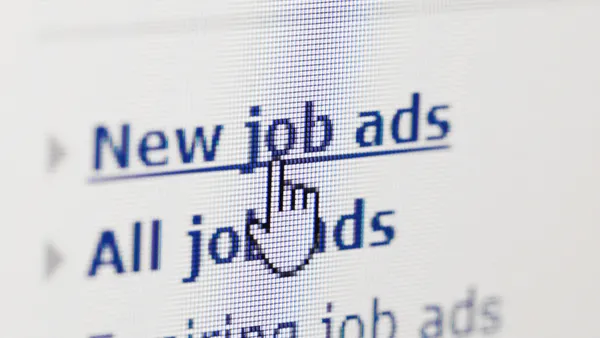“Managing your boss,” or MYB, is linked to better working relationships with supervisors, which is also associated with managers giving employees better performance ratings, according to recent research published in Personnel Psychology.
MYB focuses on employees taking the initiative to proactively manage their relationship with their managers by understanding their boss’ goals, needs or work styles — and adapting their job priorities and actions accordingly.
“Our conceptualization of ‘managing your boss’ recognizes that employees can feel empowered to take action to establish a good relationship and to make the relationship operate smoothly,” Ravi Gajendran, the lead researcher and a professor of global leadership and management at Florida International University’s College of Business, said in a statement.
“Employees can be proactive by making an effort to understand their manager’s priorities and style, adapting themselves so they are in sync with their boss,” he said.
Although spoken about anecdotally, the idea hadn’t previously been defined or measured formally through research. In response, Gajendran and colleagues developed a theoretical model to understand how, why and when MYB matters in organizations. They created an MYB scale to test their theory across four studies with 1,313 participants.
Then in a matched sample of 200 employees and managers, the researchers asked employees to rate behaviors related to MYB, job routinization and laissez-faire leadership, while managers rated employee performance. The researchers found that MYB often works in today’s fast-paced and changing workforce because managers juggle responsibilities and lack time to communicate shifting priorities and expectations.
MYB also appears to be important for unstructured work and situations where managers don’t provide direction or feedback, according to the research. This can help companies understand how to invest time and effort in coaching employees about MYB.
“If the job is clearly specified — for example, travel expense management — and there isn’t much deviation, MYB may not be as valuable,” Gajendran said. “If it’s more creative, with changing dynamic proactive roles, the employee initiative matters more and so does the ability to craft the job to be in sync with the manager.”
Creating a better working relationship with managers can lead to better trust, loyalty and productivity, the researchers found. Being closer to your boss can also spark creativity, according to other recent research. For employees, this feedback loop is often linked with positive performance reviews, mentorship and job promotions as well.
Of course, MYB doesn’t take the place of managers doing their jobs well. Employees often leave jobs due to bad management, according to a recent survey, even among those in managerial roles. Amid the challenges of flexible work arrangements and a tough labor market, supervisors and leaders should steer clear of micromanaging and instead lean into collaboration, inclusion and positive reinforcement, sources previously told HR Dive.













